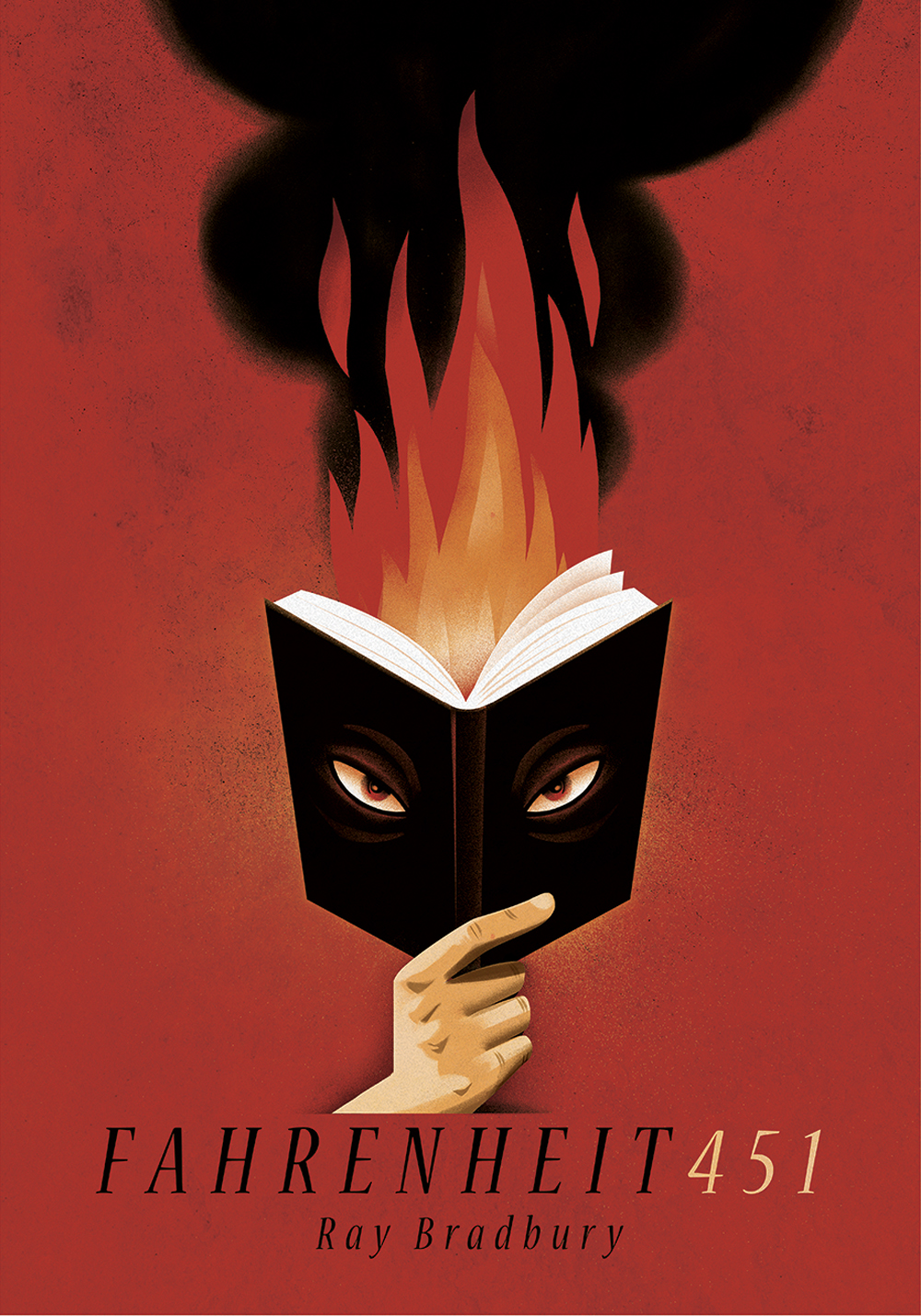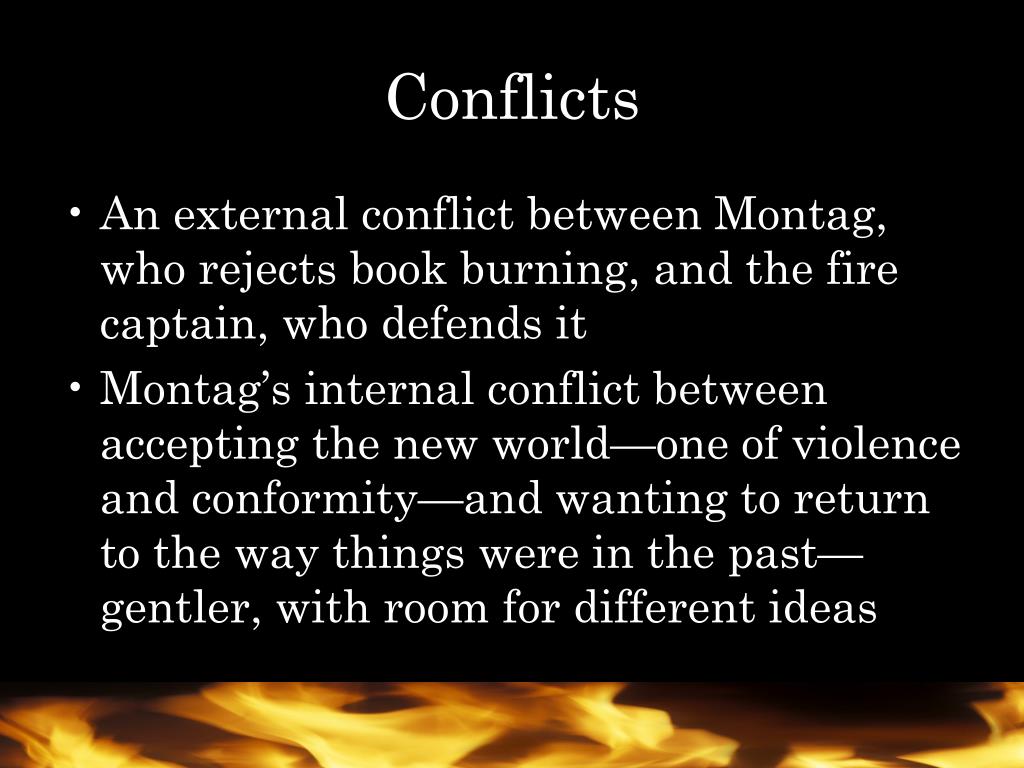




The book's three holocausts expand concentrically. As they bide their time in hope of a better future, a flash appears on the horizon: While society was staring at full-wall television screens and medicating itself into a coma, the largest fire yet has broken out. There he finds a resistance force of readers, each one responsible for memorizing-and thereby preserving-the entire contents of a different book. He avenges himself on Beatty and strikes out for the countryside. Responding to the address, Montag is expected to start a conflagration considerably closer to home.įahrenheit 451's final section finds Montag seizing his own fate for the first time. Montag's boss at the firehouse, Beatty, senses his disenchantment and interrogates him until their confrontation is interrupted by a fire call. Together they agree to copy a salvaged Bible, in case anything should happen to the original. He seeks out the counsel of an old man named Faber, whom he once let off easy on a reading charge. Furtively, Montag pockets some of her books, haunted by the idea that a life without books might not be worth living after all.Īs Montag begins to read deeply for the first time in his life, Fahrenheit 451's second section traces his growing dissatisfaction with the society without books he is paid to defend. Hudson, who prefers to die rather than leave her library. Then one day, he is called upon to burn the books of a Mrs. For years he has done his job obediently and well, and finds a “special pleasure” in burning books (p.1). The novel focuses on Guy Montag, a fireman who, in the first section, we discover is a professional book burner, expected to start fires instead of putting them out. The three main sections of Ray Bradbury's Fahrenheit 451 all end in fire. “There must be something in books, something we can’t imagine, to make a woman stay in a burning house.” – from Fahrenheit 451


 0 kommentar(er)
0 kommentar(er)
